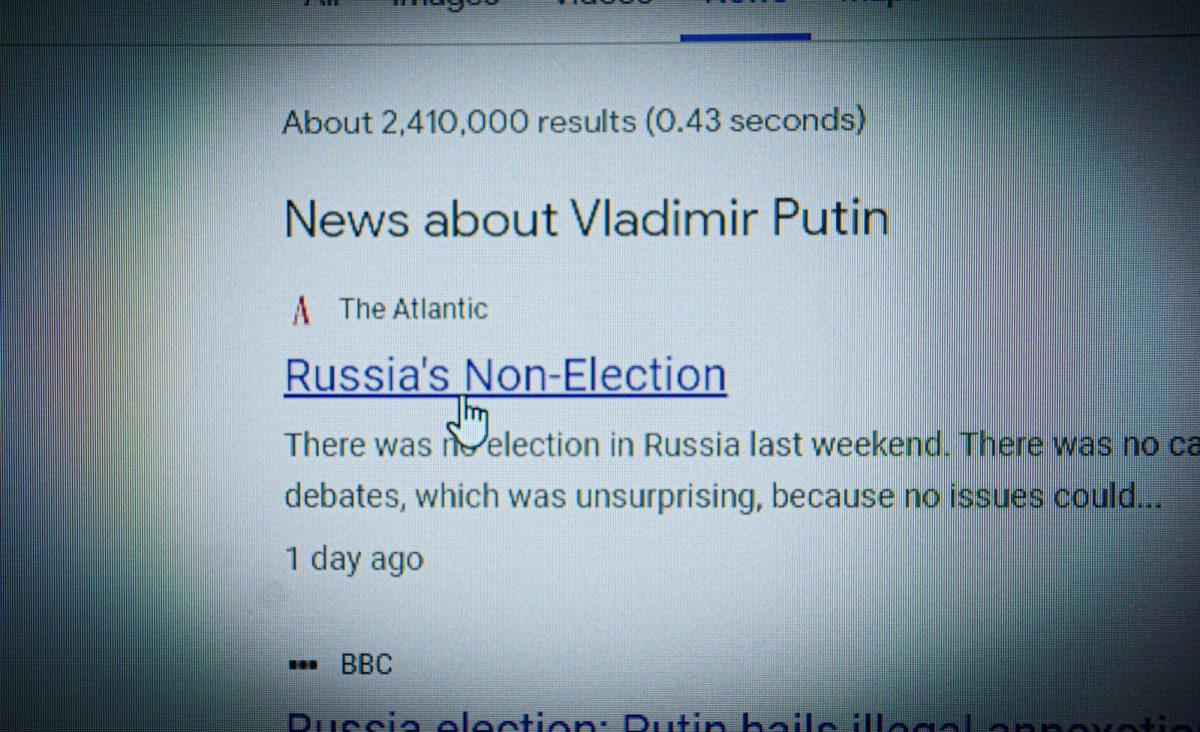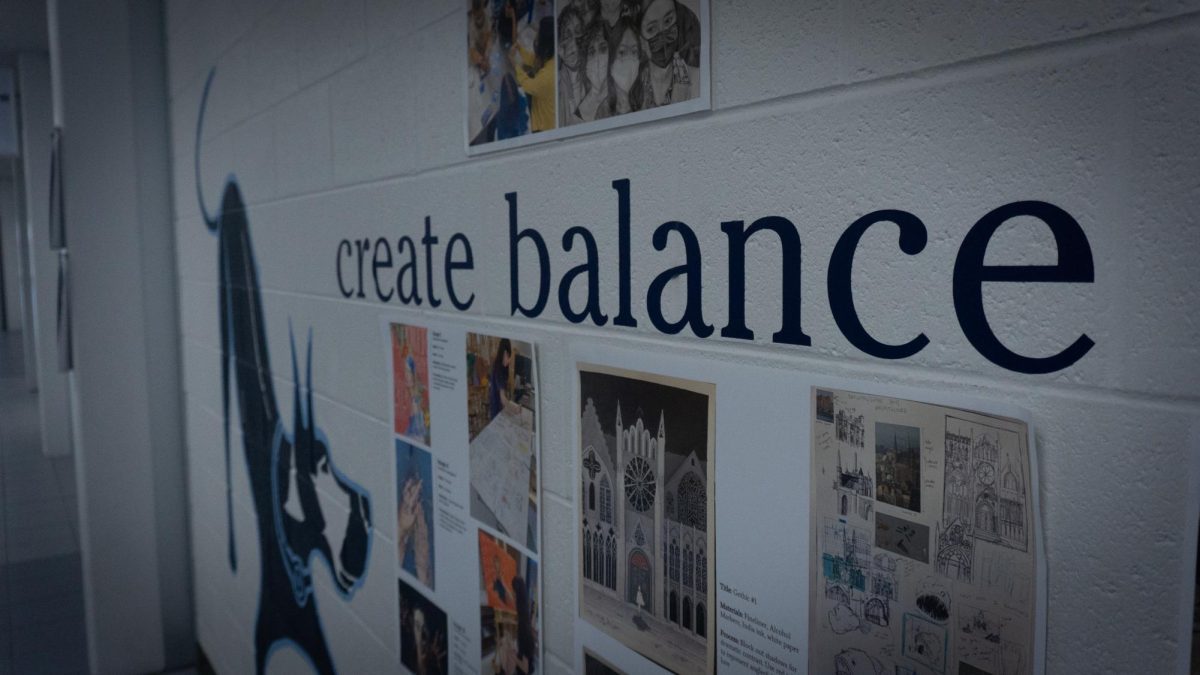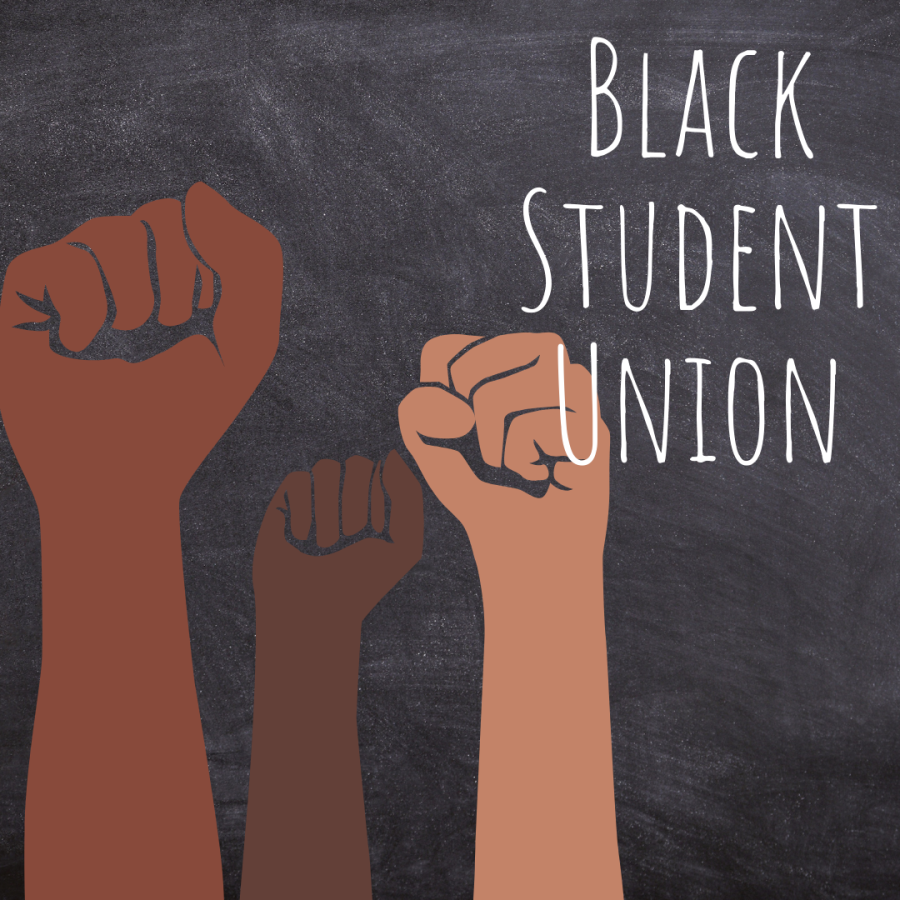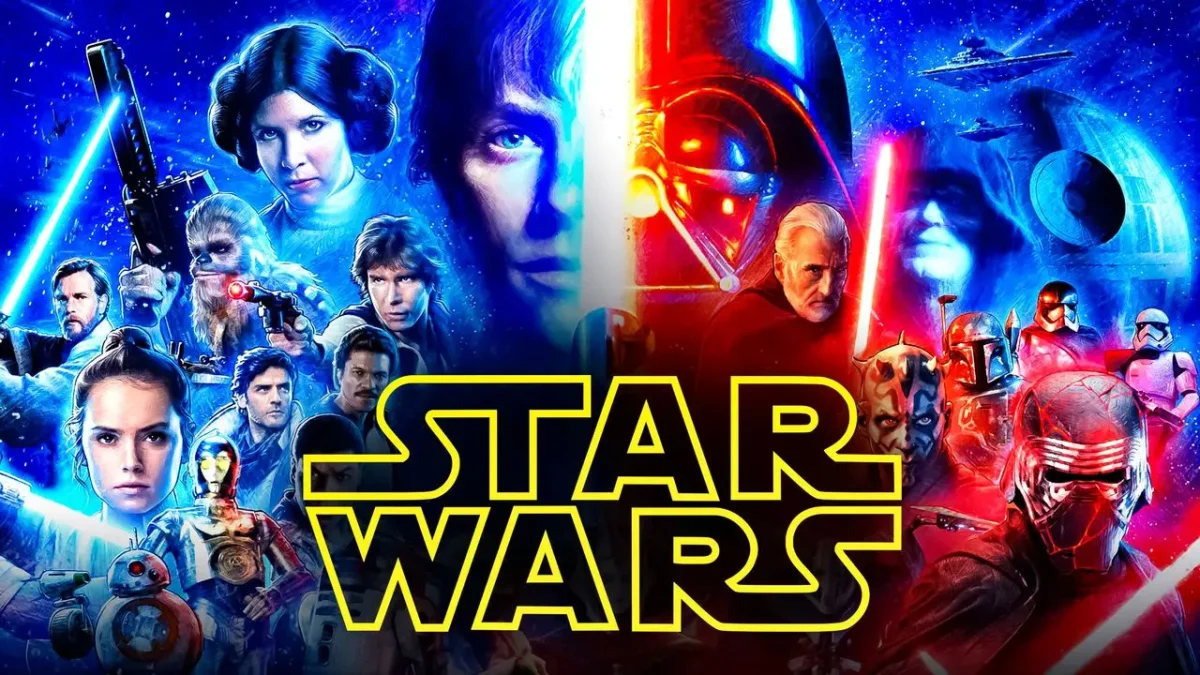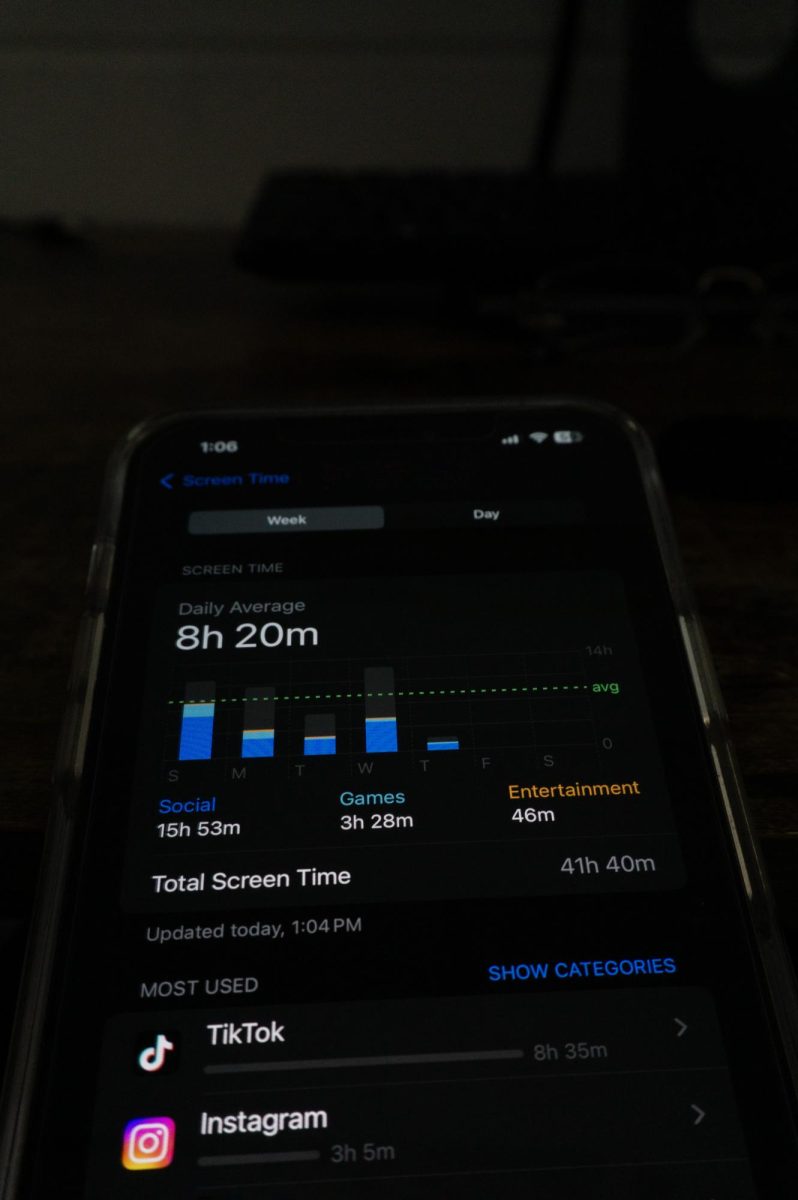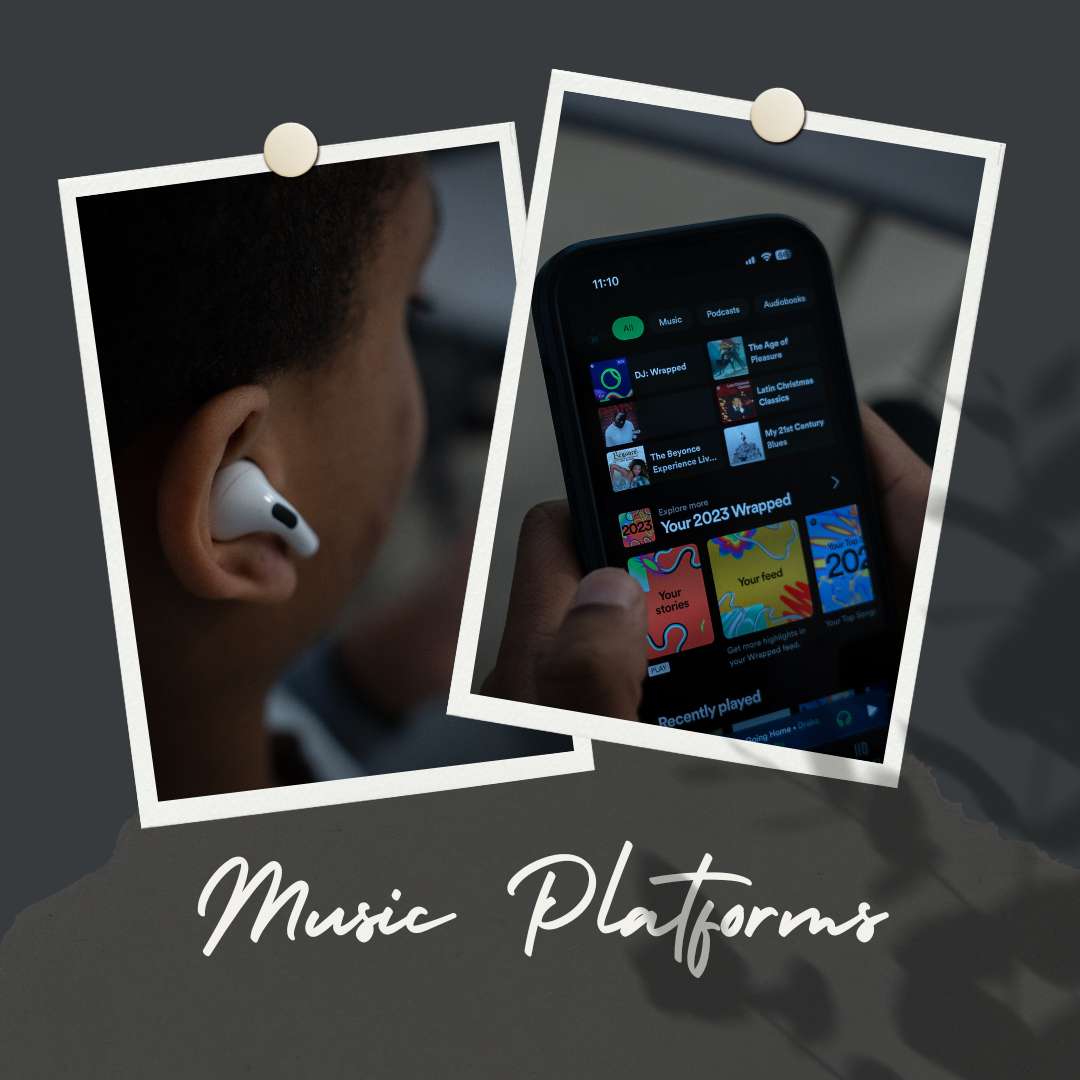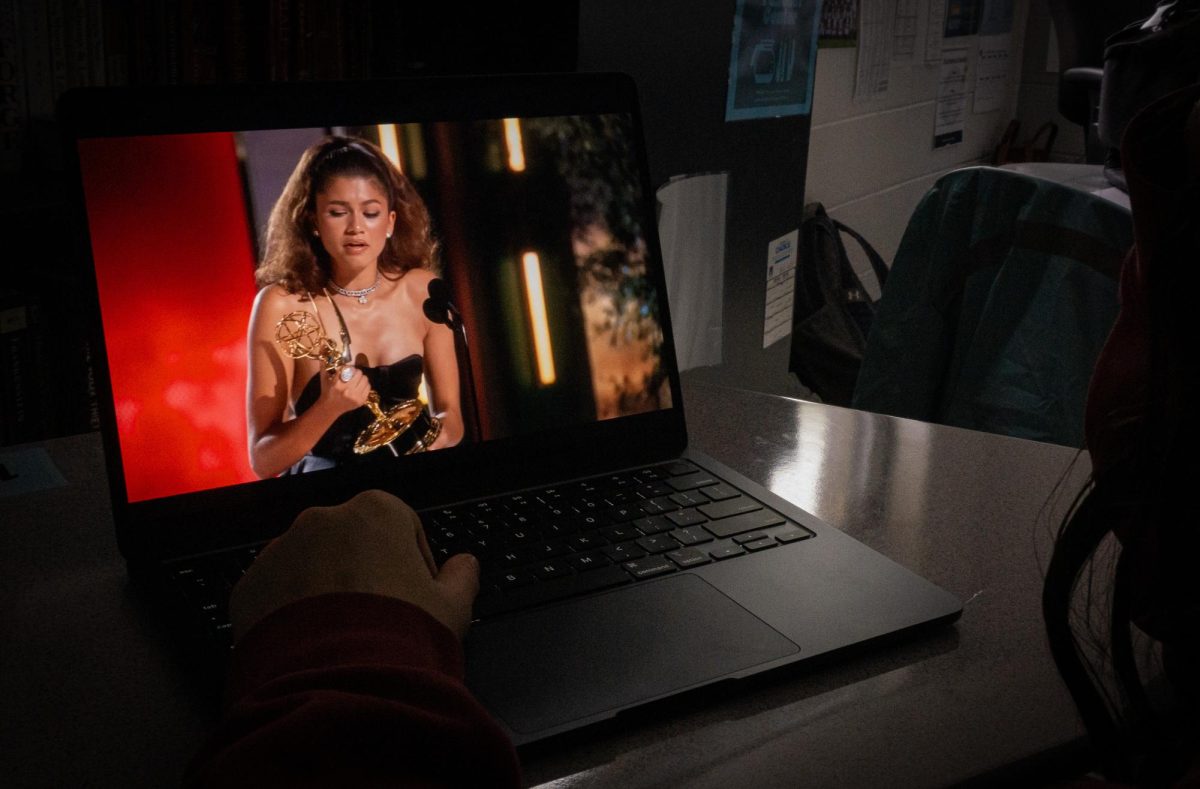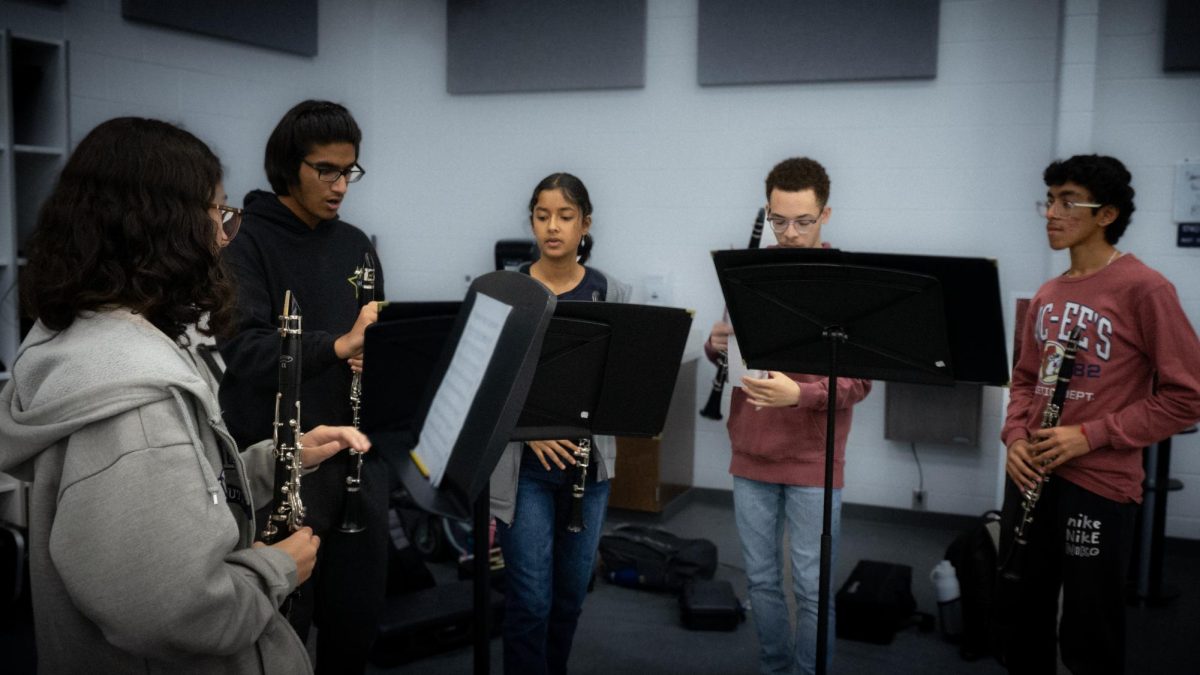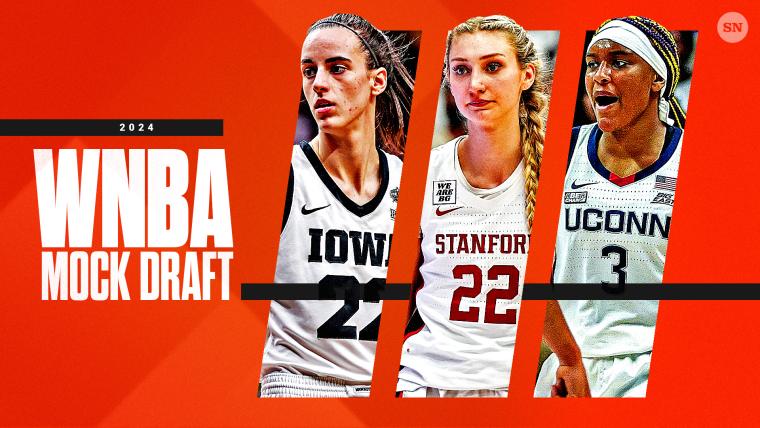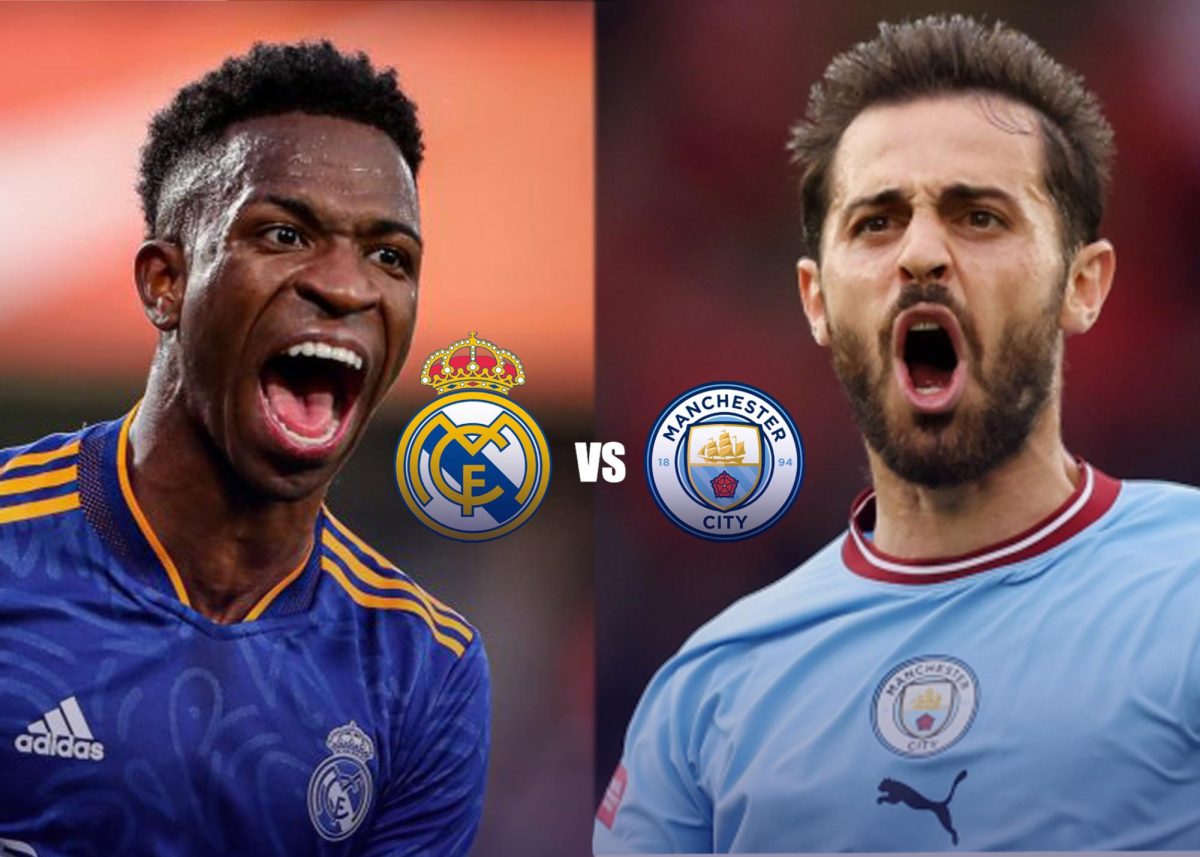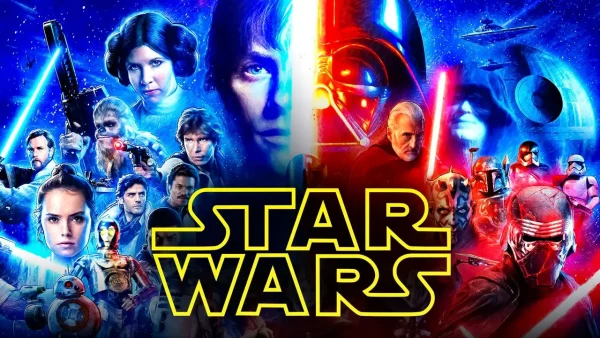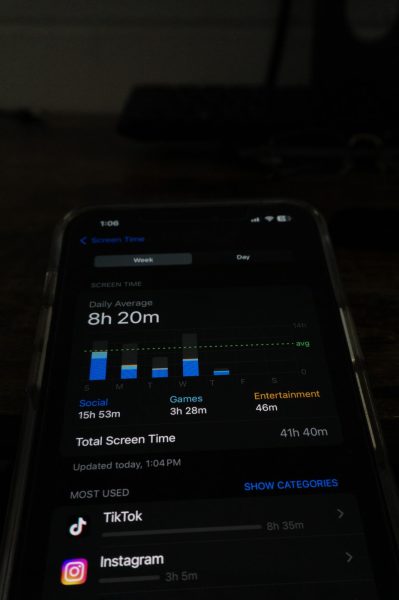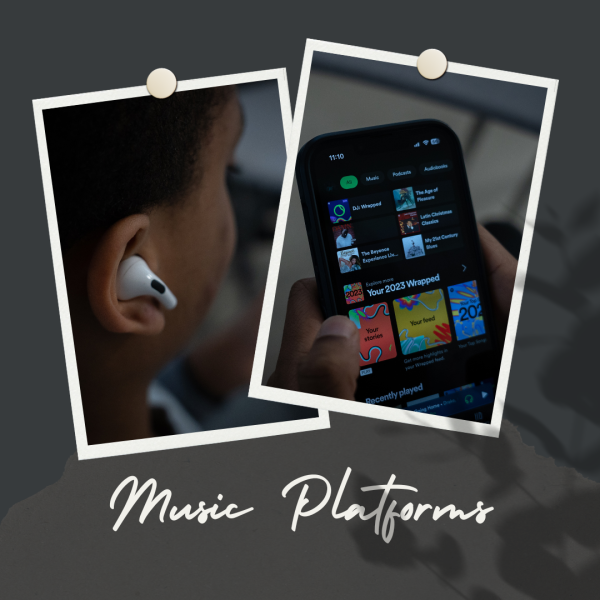The Grammy’s: Diverse or Divisive
Music fills spaces of our lives we aren’t even aware of; its presence softly colors moments of happiness, sadness, and calm. It’s in the background of parties, gatherings, study sessions- all of the momentous and insignificant events that become our days. Consequently, most people form connections with artists, especially those that they relate to. However, the parasocial connection between artists and fans has intensified, which results in conflict between those passionate enough to fight for a celebrity they’ve never met. This behavior has recently been amplified during this season’s big music award ceremonies.
On February 5th, the 65th annual Grammy awards took place, and there were varied opinions regarding the results. While some watchers walked away from their TV satisfied, many turned on their phones and took to Twitter or Instagram to express criticisms over the selection of winners. There’d been everything from words of resignation to cruel attacks on artists and judges, so while the Grammy’s have been an event to celebrate the accomplishments of the music industry, each year it seems to spur more and more controversy. At what point does the Grammy’s become more harmful than uplifting to artists and fans? Animosity grows between groups of ‘competing’ fan groups, but the effects of such conflict only takes away from the significance of receiving the Grammy award.
Of course, there were some people who did not feel disappointed about who received those golden trophies, others were pleased that certain artists were even nominated. Bad Bunny’s album, Un Verano Sin Ti, has become the first Spanish album to be nominated for Album of the Year. Though he didn’t win, Hispanics and Latinos were excited to see themselves represented in a non-Latin genre. Still, there are many opinions on how representative the Grammy’s are of the global music industry.
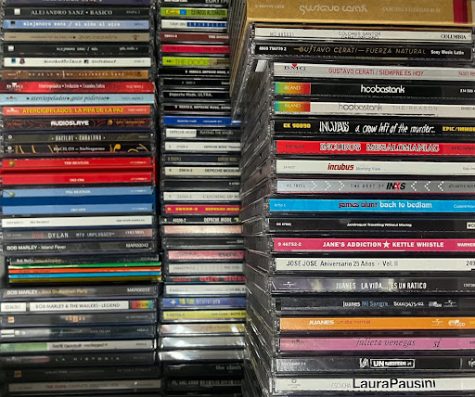 Caitlin Clanton, an avid music follower, comments that while the Grammys are a unifying event, they could stand to be more “worldly.” She says, “The Grammy’s represent more of the British and American music industry than anything else. I think [the award show] can improve by looking at more diverse artists.” Music spans across a variety of cultures with different forms of expression, even within the U.S., there are several artists who use their music to express cultural experiences.
Caitlin Clanton, an avid music follower, comments that while the Grammys are a unifying event, they could stand to be more “worldly.” She says, “The Grammy’s represent more of the British and American music industry than anything else. I think [the award show] can improve by looking at more diverse artists.” Music spans across a variety of cultures with different forms of expression, even within the U.S., there are several artists who use their music to express cultural experiences.
The winner of Best Song of the Year was also met with arguments and, most notably, confusion. Bonnie Raitt was presented with the award over more prolific artists like Kendrick Lamar, Adele, and Beyonce. It was an unexpected turn of events. Some people felt happy for the woman while others felt as if the decision were a sham. “While I think it’s nice they branched out with [the winner] this year,” says Caitlin, “I don’t think it was the best song out of those nominated.”
Tayla Smith, a Denmark student with a love for the Pop and Rap genres, also had opinions on the decision for Best Song of the Year. Though she saw the appeal in making a more unknown artist the winner, she says, “I honestly think Beyonce, Steve Lacy, or maybe Adele should have [won].” Throughout social media, most people seem to hold the same opinion as Tayla and Caitlin, believing that the award should have been given to someone else. Tayla adds that “there wasn’t anything special” about the winning song, saying she didn’t enjoy it as much as the other nominated songs.
Bonnie Raitt’s Just Like That didn’t have many streams in comparison to the other nominated songs. Before the Grammys, the song had not even reached one million views on YouTube. However, it was one of the first times in a while that a non-popular artist had been given such significant recognition.
Passion can bring out the best as well as the worst in people. Feeling strongly about something as important as music is not uncommon, seeing as how it seems to be the axis the world of some communities spin on. Consequently, arguments are inevitable. The media continues to become more and more central to everyone’s daily lives and is often the facilitator of discussions about the music industry and art in general. Some people simply want to consume music, some want change in the industry through representation and transparency, and others hope to connect with artists. Do the Grammys also allow for a more diverse spread of music, or is it an outdated media tradition that causes arguments? That’s up for the fans to decide, or at least tweet about.

I love reading and writing—how words move and connect and especially how they make me feel; that’s one of the reasons I love being a part of the Unleashed...


